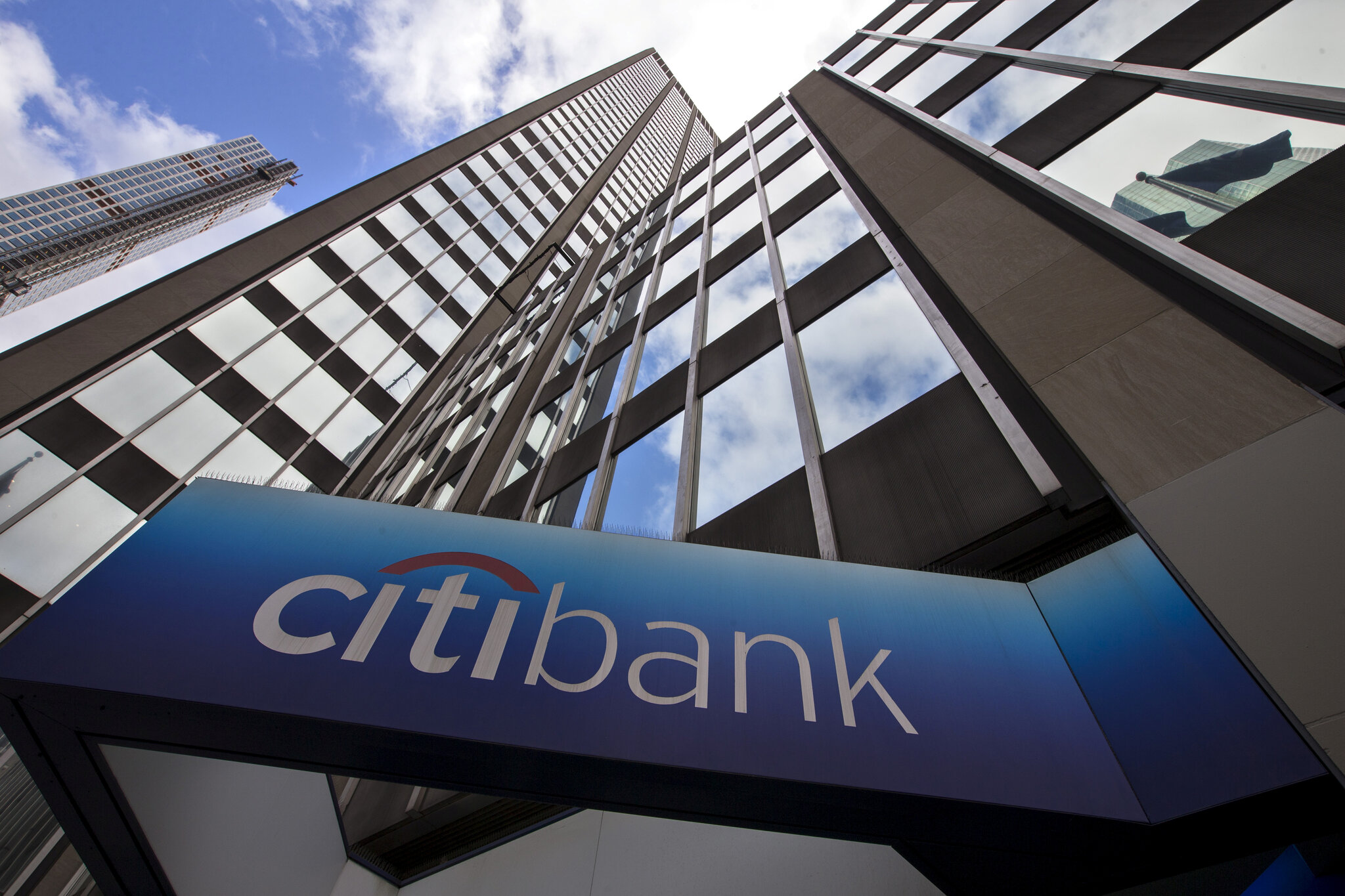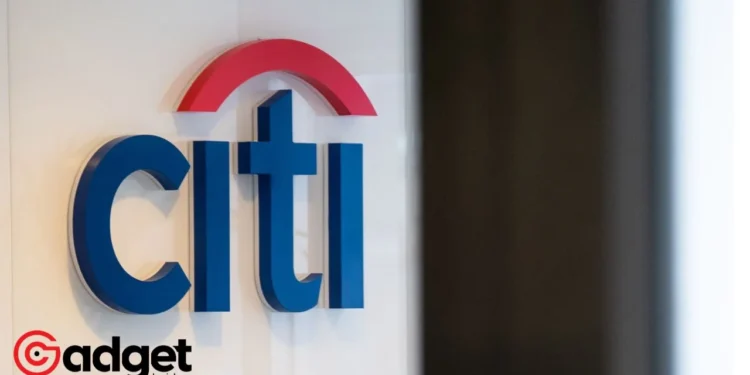In a significant development shaking the foundations of the financial sector, New York’s Attorney General, Letitia James, has launched a legal battle against Citibank. This lawsuit comes in the wake of startling revelations about the bank’s alleged shortcomings in safeguarding customer data against cybercriminals.
The gravity of this issue is underscored by the staggering losses incurred by individuals across New York, amounting to millions of dollars, a consequence of cybercrime schemes made possible by Citibank’s alleged negligent data security practices.
A Tale of Loss and Negligence: How New Yorkers Suffered
“As a result of Citi’s lax security protocols and procedures, ineffective monitoring systems, and failure to respond in real-time and properly investigate fraud claims, New Yorkers have lost millions to scammers,”
stated the AG’s office. This scenario has led to devastating losses for many, including vanishing life savings, children’s college funds, and essential living funds. The complaint also highlights several poignant examples of New Yorkers who lost tens of thousands of dollars to cybercriminals.

Unmasking the Fraud: Social Engineering, Not Software Vulnerabilities
Interestingly, these financial debacles don’t stem from software vulnerabilities or direct system breaches. Instead, they originate from sophisticated social engineering tactics employed by cybercriminals.
These threat actors cleverly manipulate victims into divulging critical information, granting them unauthorized access to accounts and facilitating illicit fund transfers.

Citibank’s Response and the AG’s Stance on Fraud Detection
While Citibank maintains its commitment to combating fraud and assisting affected customers, the New York AG argues for more robust fraud detection systems. These systems should ideally flag suspicious activities such as unrecognized device logins, unusual password changes, and dubious money transfers.
The AG also points out Citibank’s sluggishness in responding to customer fraud reports and its alleged evasion of responsibility under the Electronic Fund Transfer Act (EFTA) to reimburse victims.
New York Sues Citibank Over Poor Data Security https://t.co/NH5EfP0zoO pic.twitter.com/M6YkOvp58S
— Syed M. Ali Hasan (@mrsyedalihasan) February 1, 2024
Citibank: A Reflection on Cybersecurity in the Banking Sector
This lawsuit against Citibank is not an isolated incident but part of a broader narrative of data security in the banking industry. It raises crucial questions about the responsibility of financial institutions in protecting customer data and responding to fraud.
With related stories, such as the DraftKings hacking charges and data breaches affecting millions globally, the spotlight is firmly on the cybersecurity practices of major corporations. This case may well set a precedent for how banks handle customer security and respond to cybercrimes in the future.

Citibank: A Pivotal Moment for Data Security in Finance
As this legal drama unfolds, the eyes of the world will be on Citibank and the New York Attorney General’s office. The outcome of this lawsuit could have far-reaching implications for data security standards in the financial sector and the rights of consumers in the digital age.
One thing is clear: this case marks a pivotal moment in the ongoing struggle to safeguard personal data in an increasingly digital world.










